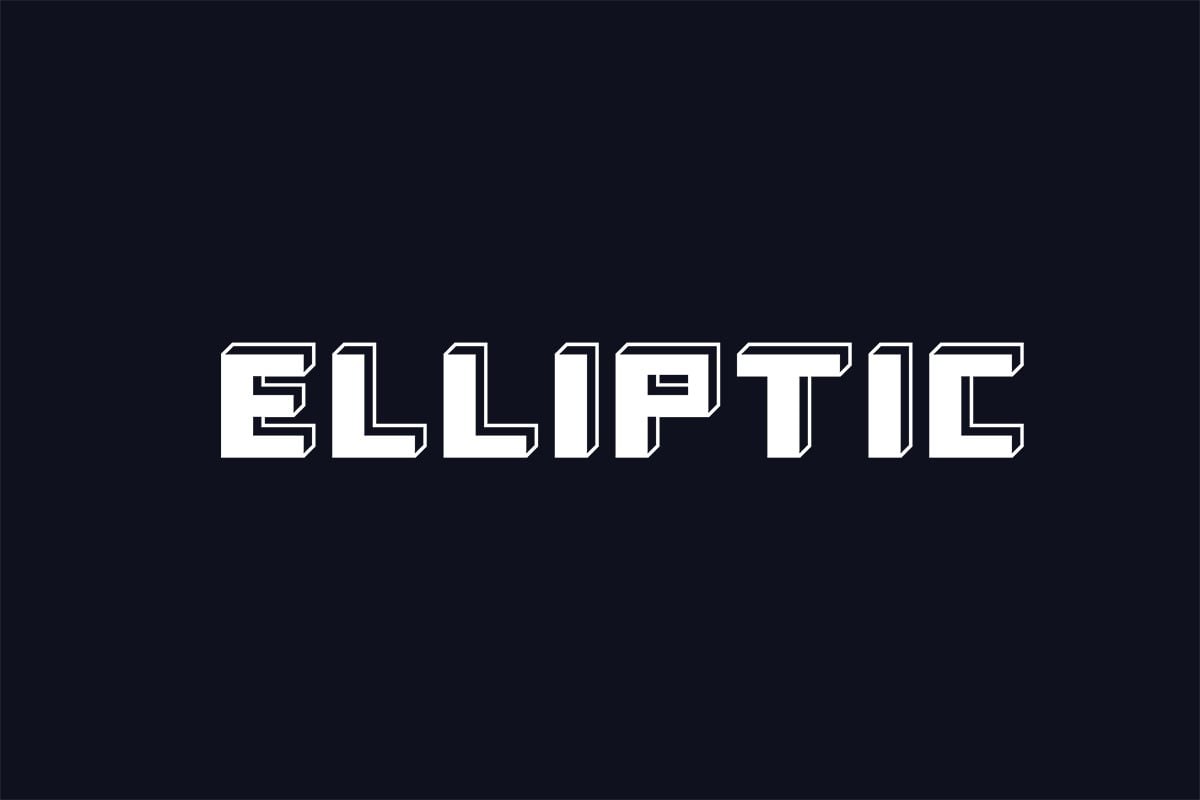TLDR
- Elliptic launches ‘Data Fabric’, the first data-as-a-service model for digital asset intelligence in the crypto industry
- The service allows customers to embed blockchain data directly into their own systems, data lakes, and AI models for real-time decisions
- Three main products include Elliptic Blocklist for exchanges, Counterparty Risk for banks, and government-focused blockchain intelligence
- Government agencies can access operation-ready data across 54 blockchains while maintaining complete security and air-gapped environments
- The platform addresses growing compliance needs as digital asset adoption increases and criminal activity becomes more sophisticated
Elliptic has launched ‘Data Fabric’, marking the first data-as-a-service model specifically designed for digital asset intelligence. The London-based company announced the subscription service on June 25, targeting governments, exchanges, and financial institutions.
The new service allows customers to integrate Elliptic’s blockchain data directly into their internal systems. This includes data lakes, custom workflows, and artificial intelligence models for real-time decision making.
Traditional software-as-a-service solutions delivered through apps or API feeds are no longer sufficient for all customers. Organizations need more flexible access to handle growing compliance requirements and intelligence operations.
The Data Fabric service addresses two main challenges facing the industry. Digital asset adoption continues to grow with increased transaction volumes and multi-chain activity. At the same time, criminal actors are using new technologies to hide their activities faster than before.
“The data is normalized across chains, it’s flexible enough to deploy in our own environment,” said a Program Manager from the US central government. The official noted that the service helps build threat models and connect criminal actors.
Three Core Products Target Different Markets
Elliptic Blocklist serves as a direct plug-in service for exchanges and payment providers. The continuously updated list identifies sanctioned and high-risk entities in real time.
The service proved its value during the Bybit exploit when Elliptic made a free version available globally. This helped the crypto community identify North Korean funds from the attack and freeze some of those assets.
Elliptic Counterparty Risk targets banks and financial institutions. The service helps assess indirect digital asset risk from their customers by analyzing fiat transaction screening workflows.
Banks can detect when customers interact with high-risk or unregistered crypto platforms. This automation reduces manual investigations into crypto-related fiat transactions.
Government Agencies Gain Secure Access
Government agencies represent a key market for the new service. They receive access to operation-ready blockchain data across Elliptic’s 54 supported blockchains.
The data comes pre-structured in actionable formats including value transfer events and actor clusters. Agencies can query this information immediately within their secure infrastructure.
The system remains completely air-gapped with no vendor visibility into sensitive queries. This security feature enables agencies to share data in investigations and collaborate across departments.
Jackson Hull, Elliptic’s CTO, said traditional solutions need to mature to support internal investigation requirements. Modern platforms must provide solutions in multiple formats including apps, APIs, and direct data subscriptions.
Elliptic was founded in 2013 and operates from London with offices in New York, Washington D.C., Dubai, Singapore and Tokyo. The company describes itself as the leader in digital asset decisioning with the most comprehensive platform for crypto data and intelligence extraction.
The Data Fabric service launches as digital asset compliance requirements continue to expand globally.


